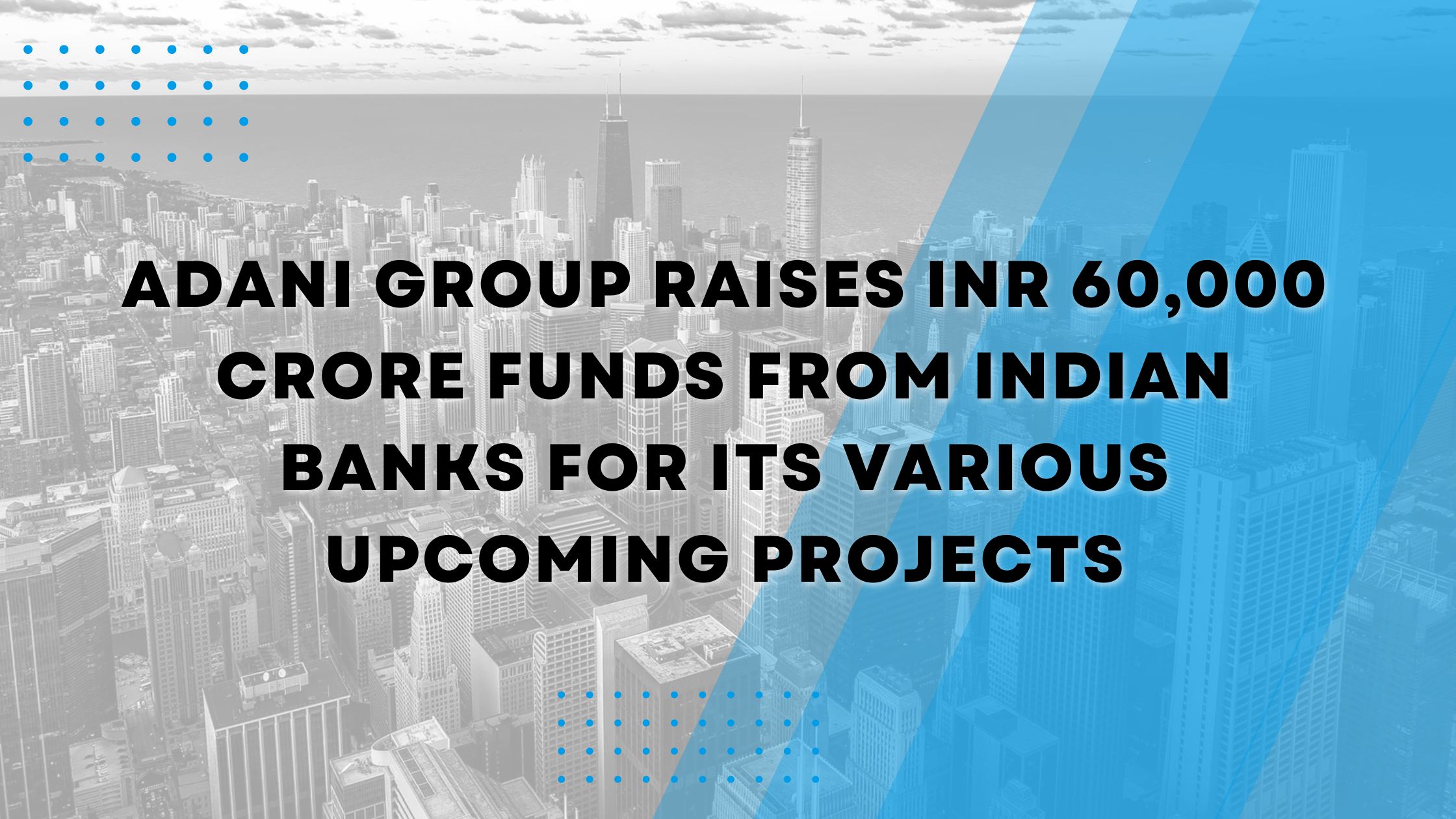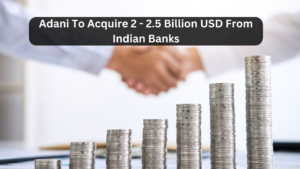
Adani crisis
As a part of its mega financing exercise, the Adani Group is planning on tying up INR 60,000 crore funds led by the State Bank of India. This is with a clutch of Indian public and private sector banks. The funds will be invested in some of the major infrastructure projects of the Adani Group, including a copper smelter unit, a green hydrogen plant, power, transmission, road projects, and more. The investments will be made over 5 years, and it will save the Adani Group from the Adani crisis.
The Raising of Funds:
The consortium of banks from which the Adani Group has raised the required funds consists of 5 PSBs and three leading private sector banks of India. Around 56% of the loans will be from the various state banks of India. The remaining will be from private lenders. Two financial institutions are particularly focused on lending money to India’s power sector. The funds are being raised at about 9 to 11% interest and will significantly impact the current infrastructural portfolio of India.
A part of the huge fund has already been tied up, and it will be finalised by May. The funds, when utilised properly, will lead India to the path of prosperity. It would also lead to extreme growth in some of India’s most popular business sectors. The funds will be spent over 3 to 5 years. However, SBI did not provide any clarification on the financing segment. This was the first major funding received by the Adani Group from the Indian banks, after the Hindenburg research crisis.
The company mainly approaches the overseas bond markets and international banks for its financial requirements. However, it plans to depend on the capabilities of Indian banks to carry out various business activities. Out of the Group’s total outstanding debt of INR 2.65 lakh crore, less than a third are used by all the Indian lenders. With these funds, the Adani Group will also be able to overcome the Adani crisis. It will be able to lead India towards taking up extraordinary challenges in the upcoming years as well.
The Investments:
The lion’s share of the funds that are being raised will be used for the various green hydrogen projects in India. The first phase of the project will have a green hydrogen capacity of 1 million tonnes. It is expected to be ready by 2027. Around INR 24,000 crores have been allocated to set up a complete green hydrogen ecosystem in India, and investment of around 50 billion USD over 10 years will be used to produce 3 million tonnes of hydrogen.
With increased production of hydrogen, our country will be able to reach energy sustainability. We will no longer have to depend on exhaustive fuel sources to carry out our day-to-day business operations. Instead, we can use green hydrogen for various industrial and residential purposes. Green hydrogen will also become our primary choice of fuel for various activities.
Around INR 10,000 crores will be invested in the various road projects. This will be connecting the different corners of India. INR 8,000 crores will be invested in a 1.2 billion USD 1 million ton copper project. The first phase of the project will have a capacity of 5 lakh tonnes. It will become operational from the next month itself. Upon successful completion of the project, our country will experience massive growth in the mining sector.
The company also has plans to make some immense developments in the logistics and transport sector. It already has a road network of 5,000 lane km, and it intends to be one of the top players in the road business by 2025. The remaining funds will be spent in the power and transmission sector. A 2 million tonnes coal-to-PVC project will be set up in Mundra. The first phase of the project will be commissioned in 2026.
Conclusion:
In this way, the Adani Group will be able to bring an end to the Adani crisis and once again get back to its original days of glory. It will continue to take up extraordinary projects in various corners of India and abroad. These ventures will inspire companies from all across the world and will also lead the way towards global acquisition for the Adani Group.







